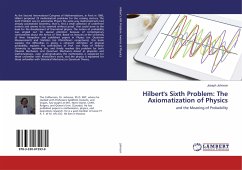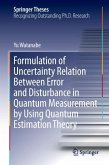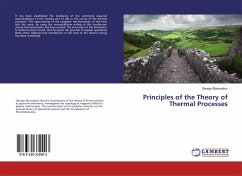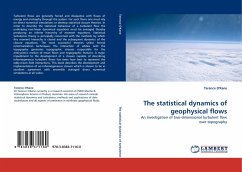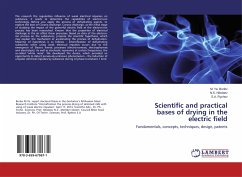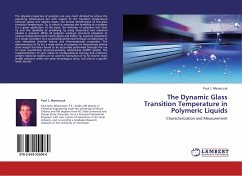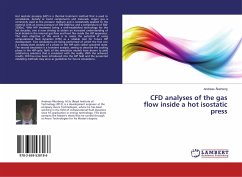At the Second International Congress of Mathematicians, in Paris in 1900, Hilbert proposed 23 mathematical problems for the coming century. The Sixth Problem was to axiomatise Physics the same way mathematicians had already axiomatised Geometry, that is, find a small collection of undefined notions and axioms to be asserted without proof, that could serve as the basis for the development of theoretical physics. The notion of probability was singled out for special attention because of contemporary controversies about the Arrow of Time. Based on lectures at the University of New Hampshire and published papers in Physics (on Quantum Measurement) and Statistics (on Khintchine's conjectures), this book explains the difficulties in giving a coherent definition of physical probability, explains the contribution of Prof. von Plato of Helsinki University to resolving this, and finally resolves this problem for both Classical Mechanics and Quantum Mechanics. Aimed at physicists and mathematicians, even undergraduates, the mathematics is explained for those unfamiliar with Khintchine's work, and the physics is explained for those unfamiliar with Statistical Mechanics or Quantum Theory.
Bitte wählen Sie Ihr Anliegen aus.
Rechnungen
Retourenschein anfordern
Bestellstatus
Storno

